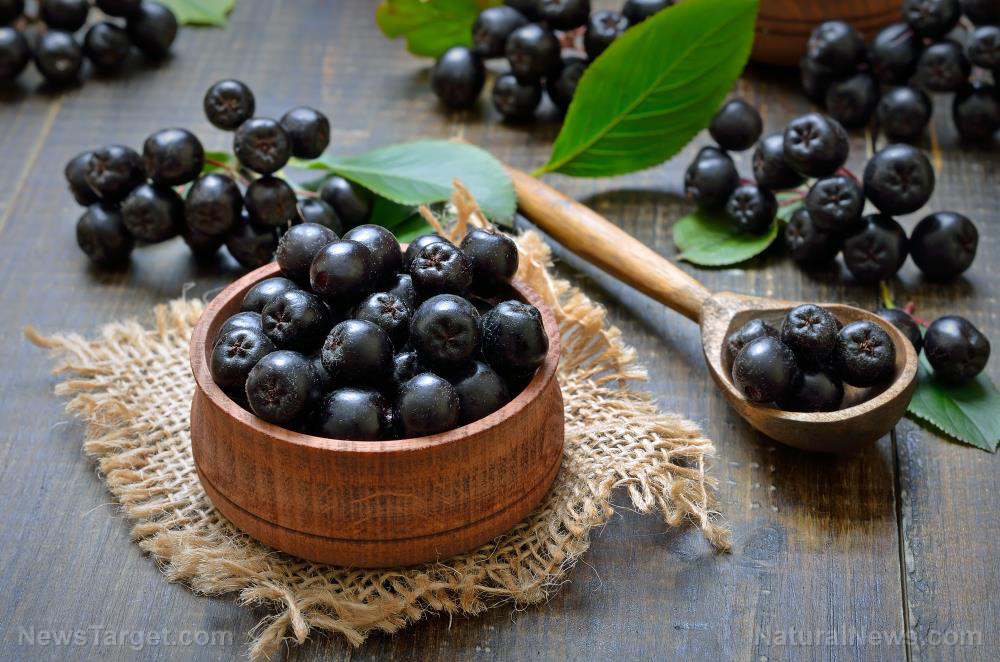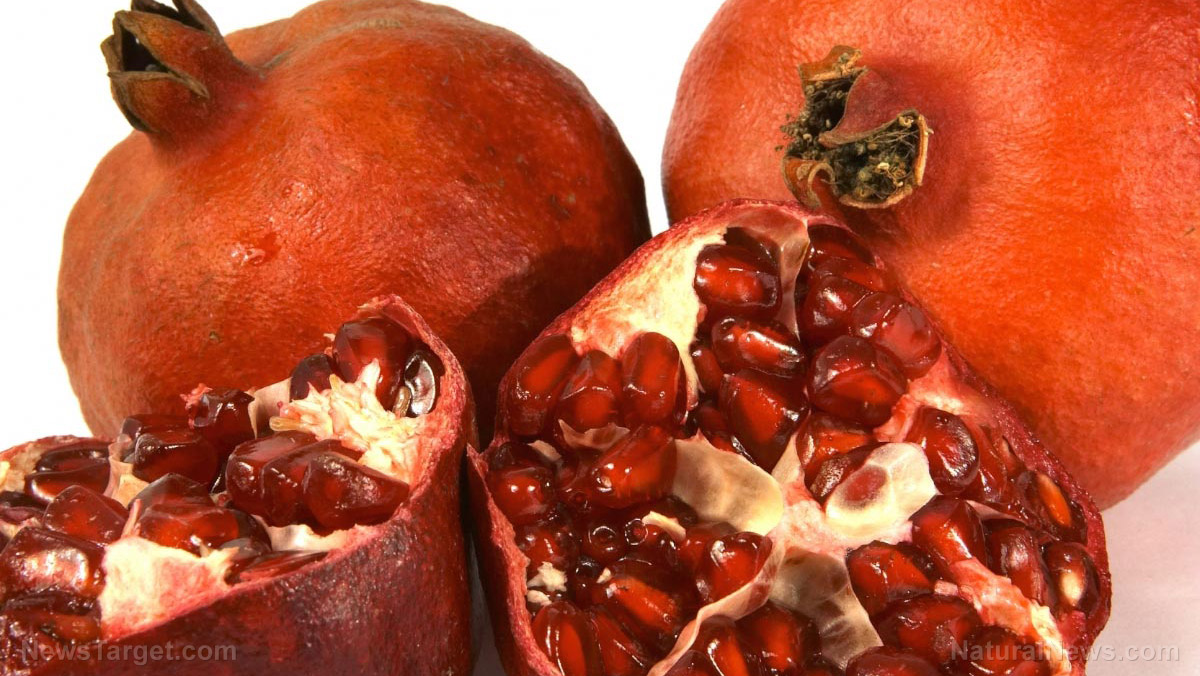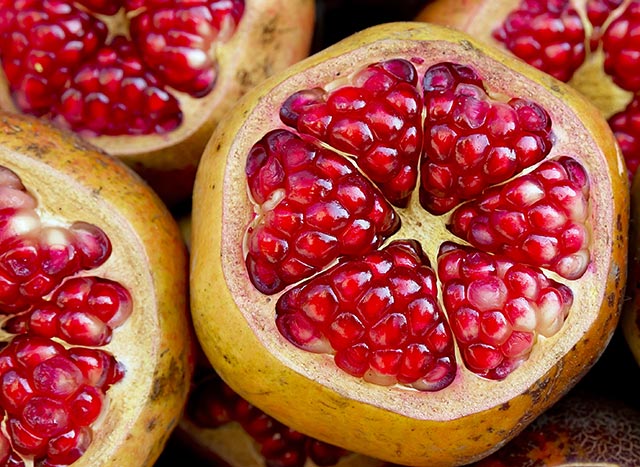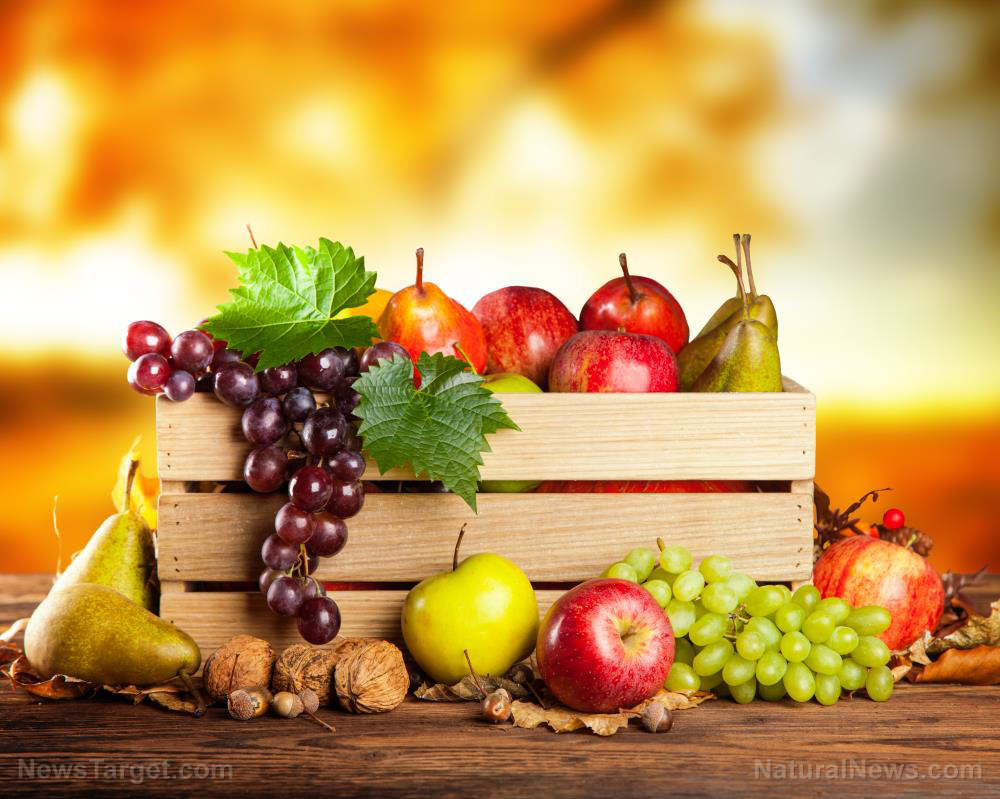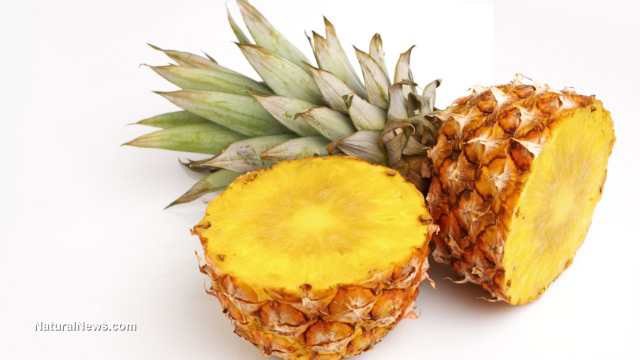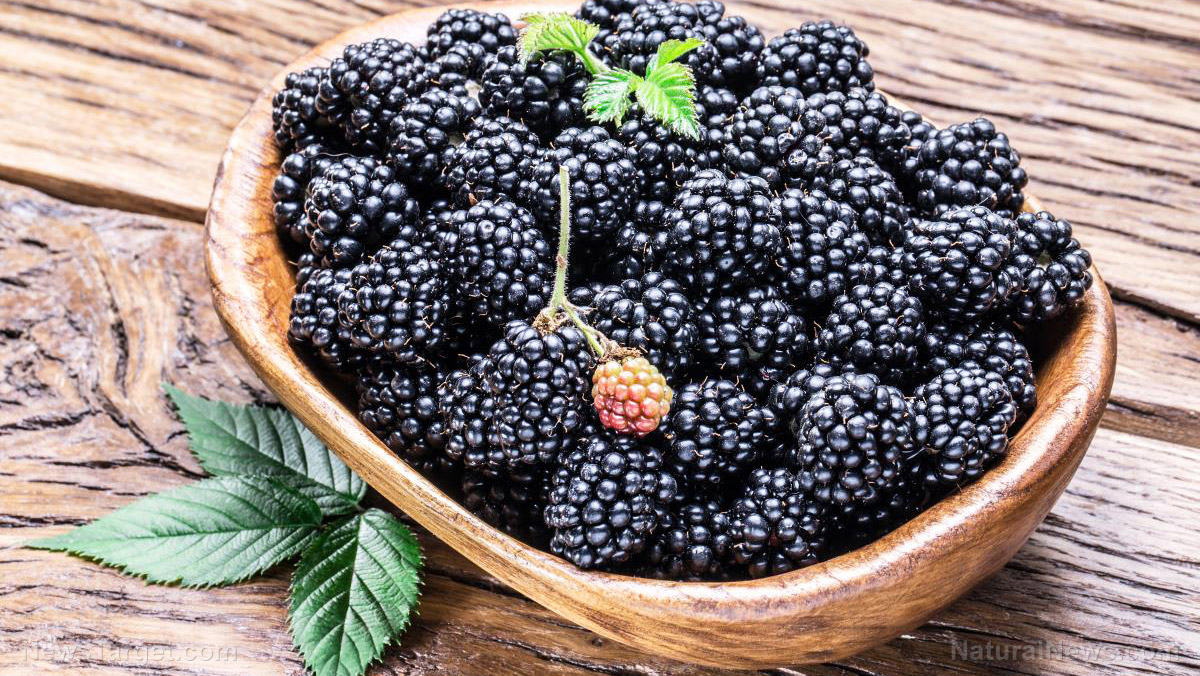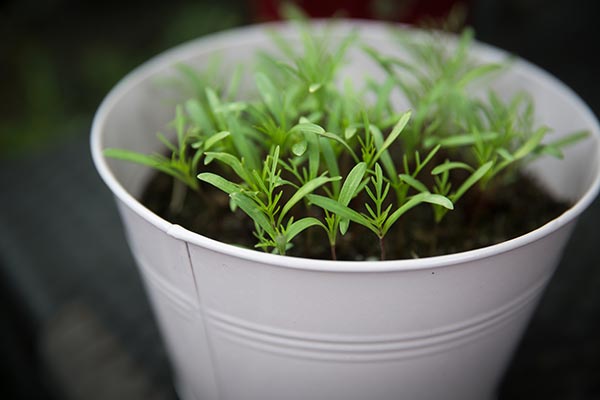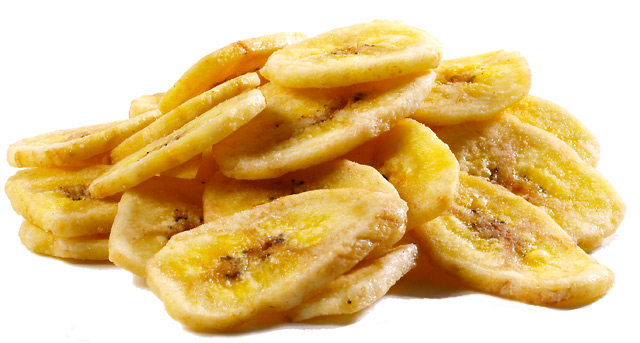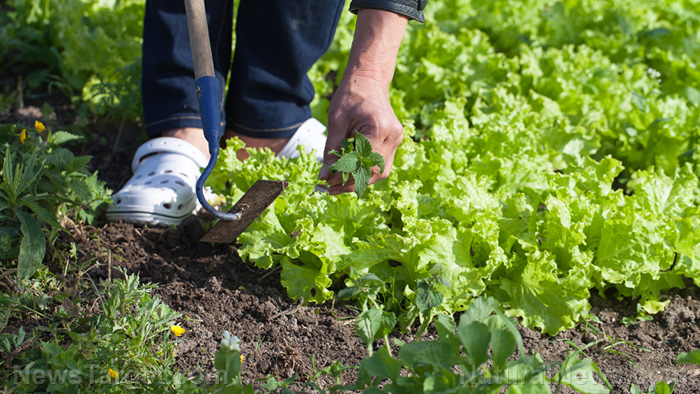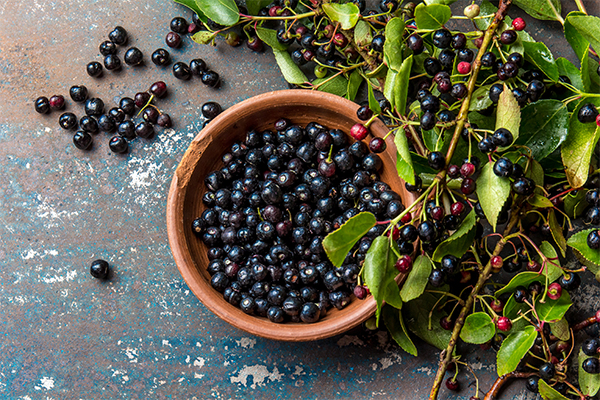Prepper food: How to make and use fruit powder
07/22/2021 / By Divina Ramirez

Fruit powder is dried fruit that’s been ground or pulverized. It can be used as a substitute for artificial flavoring in all kinds of dishes but it shines most when used in desserts and pastries. You can easily make your own tasty fruit powders if you have an oven or a dehydrator and a blender.
Read on to learn how to make different fruit powders and how to use them. (h/t to FoodStorageMoms.com)
Making fruit powders
Fresh fruits are a good source of essential nutrients and potent antioxidants. But they can only last for a few weeks at most even when stored in the refrigerator.
An easy way to make fruits last longer is to turn them into fruit powder. This process involves two key steps: dehydrating and grinding. You can use an electric dehydrator or an oven that can go down to 170 degrees Fahrenheit to dry your fruits. This step normally takes several hours. You should then leave them out to dry completely to prevent mold growth. They can then be ground once fully dry and stored in a jar.
Here are some fruits you can easily turn into fruit powders:
1. Blueberries
Blueberries are believed to have one of the highest antioxidant levels of all common fruits and vegetables. Antioxidants are produced by the body but they can also come from the foods that you eat. They stabilize potentially harmful molecules called free radicals that cause oxidative stress and damage cells.
To dehydrate blueberries, spread them evenly on the dehydrator racks or baking trays if using the oven. Set the temperature to 135 degrees Fahrenheit and dry for 12 hours or until the blueberries are leathery and crisp. Once dry, grind using a high-speed blender. Transfer to an airtight jar and store in a cool, dry place.
You can add blueberry powder to hot and cold beverages, salad dressings and smoothies.
2. Raspberries
Raspberries are a good source of anti-aging antioxidants, such as vitamin C and ellagic acid. They’re also full of insoluble fiber, which promotes normal bowel movement and prevents constipation.
If you’re working with large raspberries, you may need to dehydrate them at 135 F for 20 hours. Blend them into a tasty fruit powder once fully dry. You can then add the powder to your smoothies, muffin batter and yogurt.
3. Blackberries
Like blueberries and raspberries, blackberries are packed with fiber, antioxidants and other essential nutrients. They can take up to 20 hours to dehydrate completely. You can add blackberry powder to cereal, oatmeal, pancake batter and hot or cold tea.
4. Tomatoes
Though often used as a vegetable, tomatoes can be made into a powder much like other fruits. Start by washing and coring your tomatoes. Slice them into 1/4-inch thick slices, then spread them evenly on the dehydrator racks or baking trays. Dehydrate at 155 degrees Fahrenheit for five hours or until leathery and crisp.
Blend into a powder once completely dry. Tomato powder is great for soups and pasta sauces.
5. Lemon
Lemons are an excellent source of vitamin C, an essential immune-boosting nutrient. They also add a zesty flavor to your foods and drinks. To make lemon powder, start by thinly slicing the lemons. Spread them evenly on the dehydrator racks or baking trays. Dehydrate at 170 degrees Fahrenheit for four to five hours.
You can use lemon powder as a natural flavoring for tea, bread, water and desserts. You can also sprinkle it over sauteed vegetables.
Fruit powder is a versatile ingredient to have in the kitchen. Follow the tips above to make your own. (Related: Food storage tips: How to dehydrate foods for long-term storage.)
Go to FoodStorage.news to learn more about preserving foods for long-term storage.
Sources include:
Tagged Under: food independence, food safety, Food storage, food supply, Fresh, fruit powder, fruits, homesteading, how-to, off grid, preparedness, prepper, prepper food, prepping, survival, survival food, sustainable living
RECENT NEWS & ARTICLES
COPYRIGHT © 2017 FRUITS NEWS

